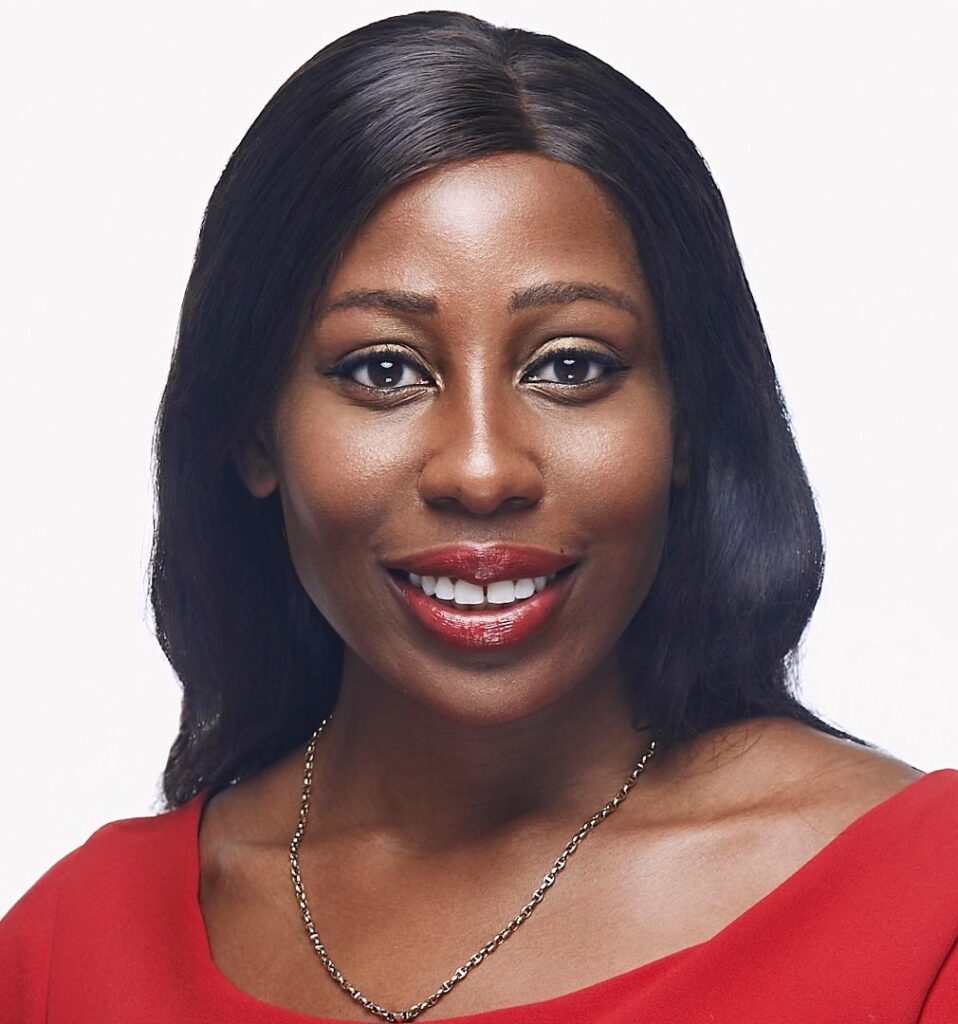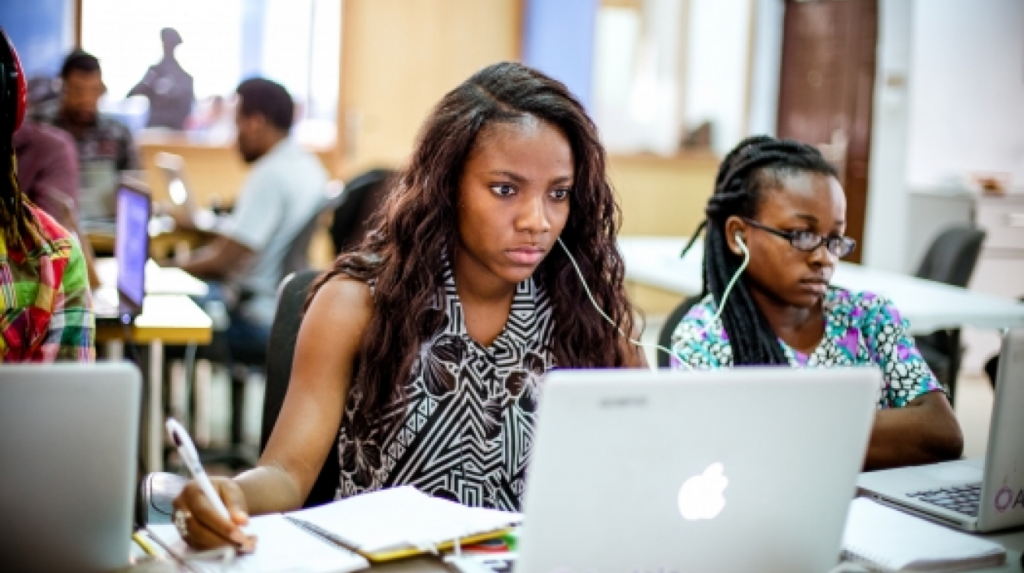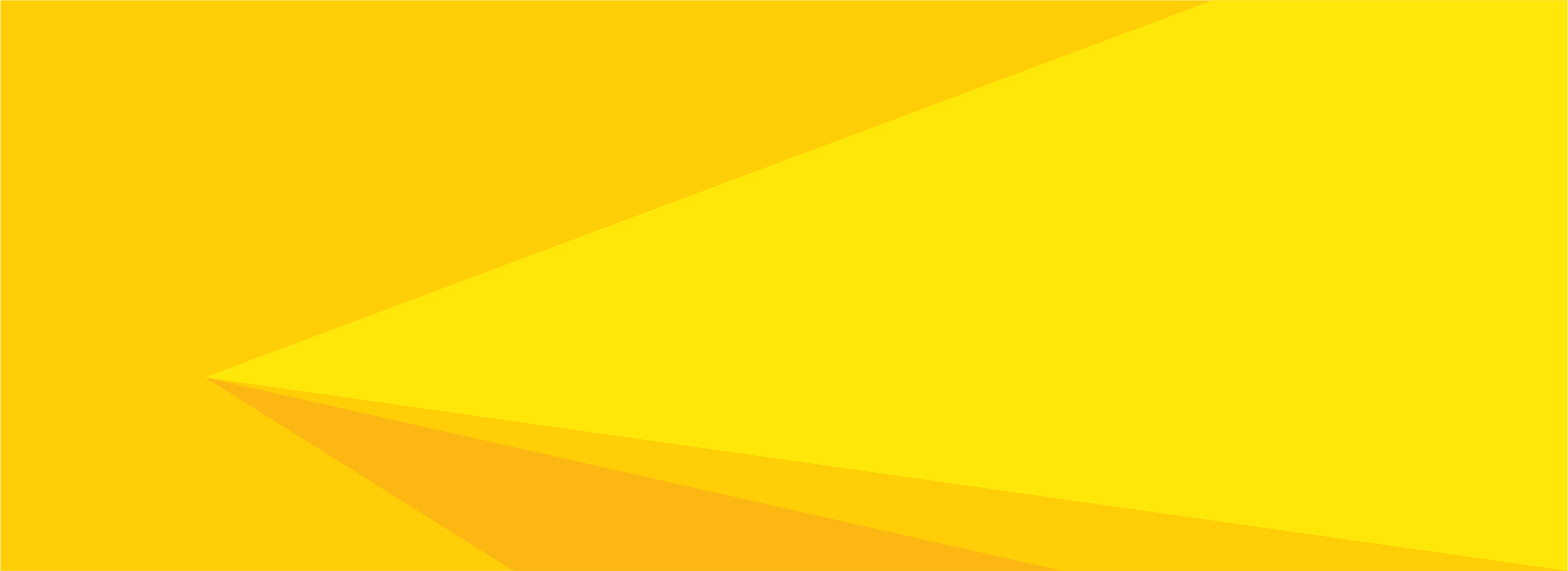Don’t Be Afraid to Lean Into Your Power
- 08 Mar 2023
- 9 min read

Vivian Nwakah is the founder of Medsaf, an end-to-end pharmaceutical technology platform using software, blockchain, ‘quality control as a service’, embedded finance, data analytics and logistics to improve access, affordability, and quality of medications in emerging markets. She is an award-winning serial entrepreneur and strategist, renowned for her innovations around the healthtech, pharmaceutical and energy space. We caught up with Vivian to hear her thoughts on how women can succeed in tech and what it takes to achieve work-life balance as an entrepreneur, discovering the incident that propelled her to establish Medsaf and become a trailblazing tech entrepreneur.
Tell us a bit about your journey, going back to the first job you ever had. How did it shape you, and what lessons did you learn from it?
My first job was at Nordstrom. I actually faked my work permit because I was underage, but I really just had this desire to work from a young age. I’m the first of five kids, so I always had this sense of responsibility. My high school was just across the street from the mall so I would walk across the street every day to get to work. I worked at the coffee shop, and I really enjoyed learning about the different types of coffee and making cappuccinos. The tips were great too.
While I worked there, I learned a lot from the people. There used to be a lot of business executives and wealthy people coming in and out of the store, and I would ask them questions and pick their brains. Another thing that stuck with me was how they treated their customers at Nordstrom. They were known for their excellent customer service, and I saw clearly how treating customers right was important for a business to be successful. It was a really interesting business lesson to learn at such a young age.
Since then, you have achieved incredible success as a healthtech entrepreneur. What’s the secret to your success? What would you say it takes to make it?
The size of the goal is part of what drives me. I’m not intimidated by huge problems; I’m actually really curious about big problems and I think that has helped me get to this point.
I wouldn't quite say I’ve made it yet. I have this vision of making the flow of medication safe and cost effective for everybody, which is a big goal, but the size of the goal is part of what drives me. I’m not intimidated by huge problems; I’m actually really curious about big problems and I think that has helped me get to this point.
I think curiosity is an asset. It pushes me to ask questions, and to try to make sense of complicated, messy things. Having the humility to admit you don’t know it all, to ask questions, and to be willing to learn from anyone – no matter how big or small – is important. Being open minded and looking at problems and solutions, from many different angles, is also key.
What experience motivated you to establish Medsaf? What problem were you aiming to solve and what impact were you hoping to make?
Interestingly, I didn’t go to Nigeria to start an international drug company. It really wasn’t part of the plan. I had a friend – he was one of the first friends I made when I moved back to Nigeria – and he would always show me around and take me out. Unfortunately, he died from taking a fake malaria pill. It was quite devastating, and I remember feeling sad, and ashamed that he had to die over something so simple.

His death really got me thinking about his experience, but also generally about healthcare in Nigeria. I’ve had access to good healthcare and worked in our family’s healthcare business providing health support to the elderly, and I realised that I’d taken that for granted. So even though I had no experience in the pharmaceutical industry, I felt that there had to be a better way. No one was addressing the problem of fake medication from a business perspective. So, I just raised my hand and said, “let me”.
I’ve always seen technology as a great disruptor, and there are so many stories of the ways technology has changed lives. I felt that healthcare in Nigeria deserved that type of disruption and attention. And that’s how Medsaf came to be. At Medsaf, we believe that quality medication is a fundamental human right, and we are fighting to bridge that gap across Africa.
How important is it to cultivate well-being and a sense of balance as an entrepreneur, particularly as a woman founding your own healthtech venture?
I will tell you that I’ve definitely gotten caught up in the stereotypical entrepreneur lifestyle of working all day and not getting much rest, and it’s really unhealthy. Then COVID-19 happened, and I couldn’t travel as much, so it forced me to sit and reflect on how unbalanced my life had gotten. Honestly, seeing the negatives of not living a balanced life pushed me to be more intentional about trying to achieve balance.
At the end of the day what I'm doing is important, but it's not more important than my life. Or my family or my friends. It isn't easy to create a balance, but it's something you have to do.
The gender divide in the entrepreneurial landscape is vast. And this is even more apparent in Africa, where less than 1% of funding goes to women founders. What do you think it will take to level the playing field for female entrepreneurs?

It's possible for women to successfully manage their families and businesses. It doesn't have to be a choice. If this is established, then you'll see more women become more and more successful.
I think that it just takes success. Personally, I want to have kids and start a family. And I know there are concerns about whether I'm able to successfully manage a family and Medsaf. But I want to show people that it’s possible to do both. I got married last year and we have great plans for our future. He's a real partner, and I feel that once we start prioritising, it’s possible to have both. It doesn't have to be a choice. If this is established, then you'll see more women become more and more successful.
We need to do away with this persistent question about whether or not female entrepreneurs can succeed. The interesting thing is that in Africa, there are more female entrepreneurs. But they’re not getting access to funding. I’m inspired by so many women running their businesses successfully without funding. That should say something about their capacity. Women definitely deserve more funding opportunities.
What lessons have you learned as a woman in business to survive and thrive in such male-dominated fields?
To lean into my power. I use everything I have to my advantage. If someone wants to make a judgement about me based on the fact that I’m a woman, I have no control over that. But I’m still going to do what I want – and need to do – to be successful.
You are drawing on incredible innovations in tech with Medsaf. How important is it for young women in Africa to equip themselves with tech skills? Why do you believe this is important?

It’s important for young people to empower themselves with tech and digital skills as it plays a huge role in their success. We’re seeing entrepreneurs become more successful and engage internationally because of the growing demand for technology.
It's the only way to go. I think that tech-enabled businesses are the future. Young women should be figuring out how their industries can potentially be disrupted by technological advancements. And the advancements are moving fast into things like alternate reality and the metaverse. Technology is an inevitable part of life now, and everyone – including women – needs to embrace it.
It's particularly important for Africa because we have such a young continent; in the next 10 years we’re going to have the youngest and largest workforce in the world. It’s important for young people to empower themselves with tech and digital skills as it plays a huge role in their success. We’re seeing entrepreneurs become more successful and engage internationally because of the growing demand for technology.
What advice would you give to young women who are just starting out in their careers or are wanting to build their own tech-enabled ventures? What message do you have for them?
I analysed successful male entrepreneurs, and the main difference between them and female entrepreneurs is simply their confidence. I’d like to encourage women to really think about that. The men aren’t more qualified or skilled, they’re just more confident. As women, we spend so much time analysing, and getting bogged down with the details. On the other hand, there’s a really confident guy who might have no idea what he’s doing, but is confident enough to sell it, and so he gets funding. I think women have to start to quiet their inner critic and just go for it, because that's the only way to be successful and really get opportunities.
ALX develops well-rounded tech professionals who are equipped with both the technical proficiencies and soft skills that will enable them to thrive in the future of work. Passionate about supporting female tech entrepreneurs, find out more about how ALX is providing opportunities to women across Africa to launch impactful careers in tech.
#ALXonIWD #BeBoldLeadTech
